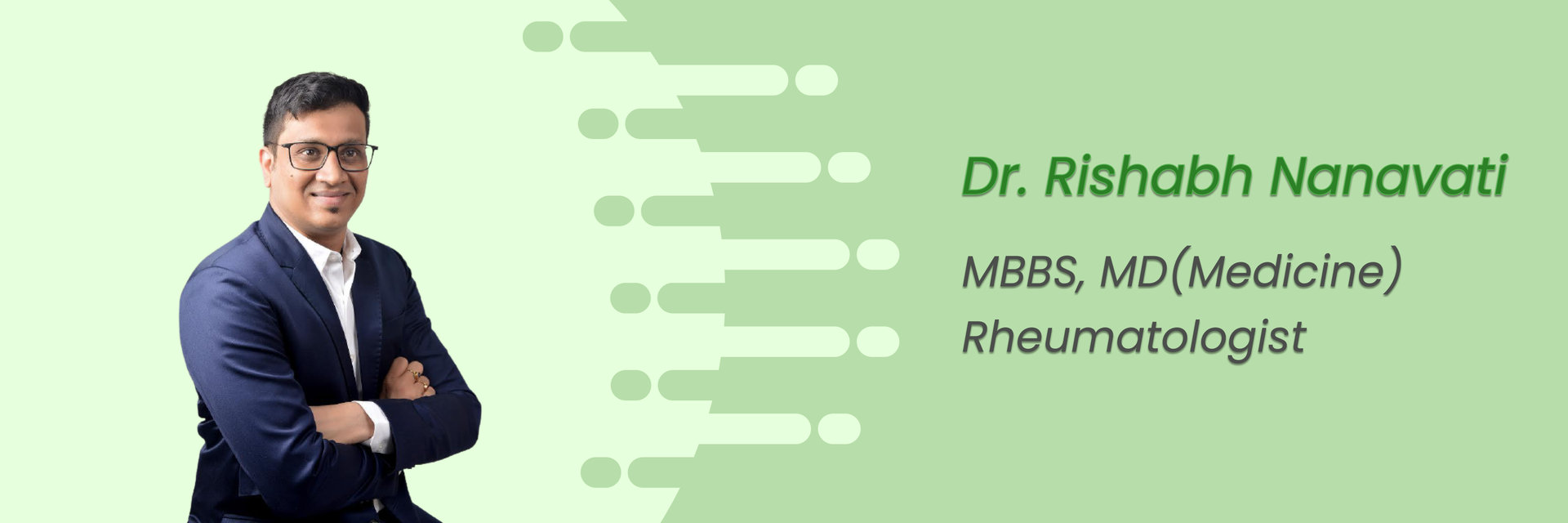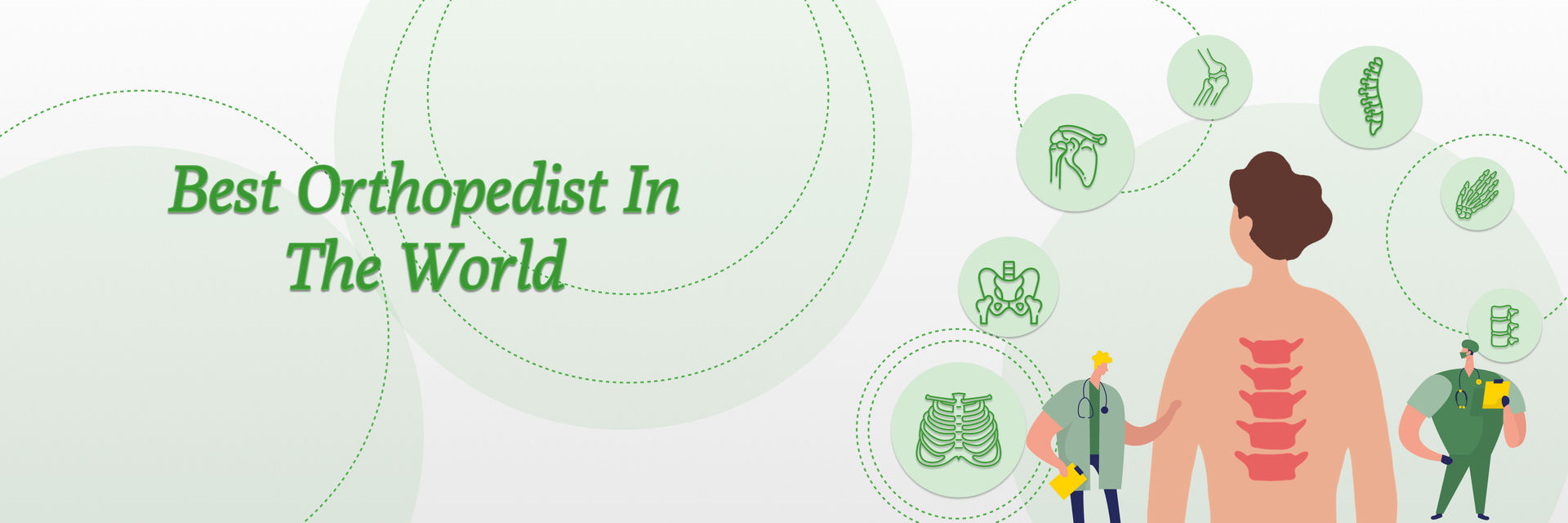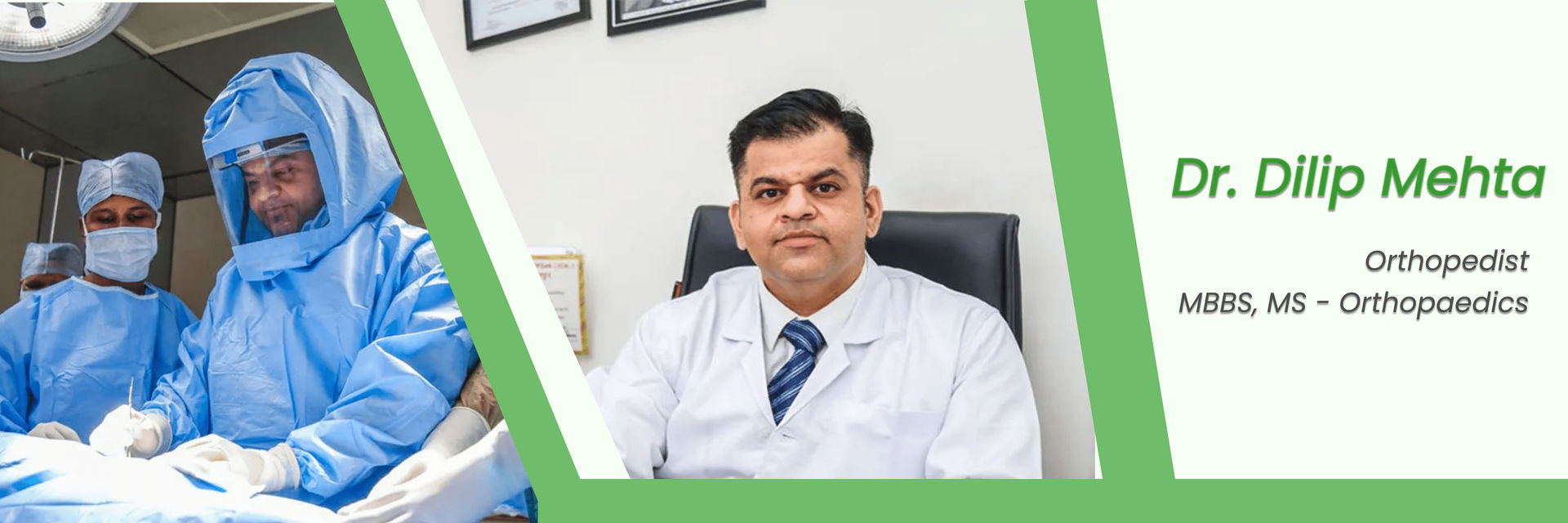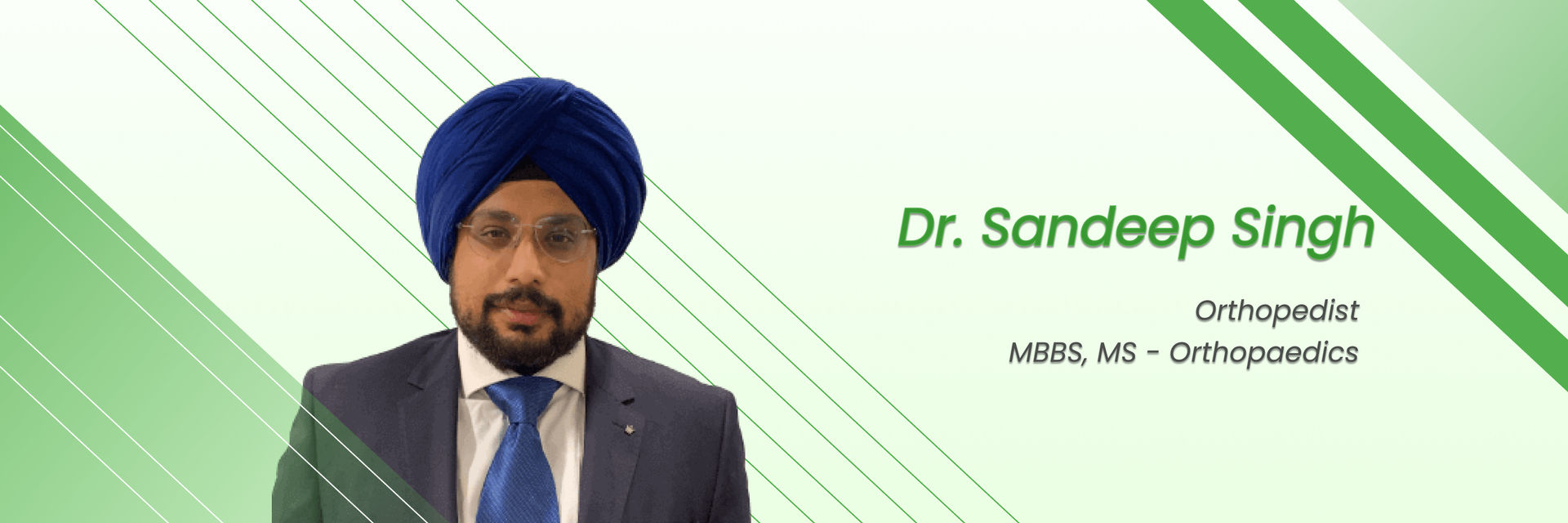Overview
Once you hit your 40s, the quiet drama happening beneath your skin starts to matter a whole lot more. No, not wrinkles or that one stubborn grey hair. We’re talking about bones. It’s not just a “women’s issue” or something to worry about when you're 70 and sipping tea on the porch. It’s now. After all, preventing bone loss is easier and way less painful than dealing with fractures later.
Your Bones Are Living Tissue
First up, bones aren’t these dry, chalky sticks sitting silently inside you. They’re living, metabolically active tissue, constantly being broken down and rebuilt in a process called remodelling. By your 30s, bone-building slows down a bit. And by your 40s, the breakdown starts to sneak ahead, especially if you're not nudging your body in the right direction.
All of this is not about panic, though. It’s about being proactive. Bone loss isn’t inevitable, but the habits that support healthy bones are essential.
Strength Training Is Non-Negotiable
Your bones need the mechanical stress they need to stay strong. You can’t achieve that with a sedentary lifestyle. You need to load them, challenge them, and remind them they’re still essential. Without regular resistance, bones get the message that they’re not needed, and just like that, they start quietly wasting away.
You don’t need to go full gym bro. A solid set of dumbbells, resistance bands, or even just your body weight can do the job if used consistently. Pilates is an excellent choice, and squats and lunges are even better. A motivating bonus to start lifting is knowing that muscle strength means better balance, fewer falls, and more confidence in your everyday movement.
Bone Scans Aren’t Just for Your Grandma
If you’ve got risk factors, such as family history, early menopause, low body weight, or smoking history, it’s not too early to get a bone density scan (DEXA). It’s quick, painless, and gives you a baseline. Even if you’re not in the high-risk category, it’s smart to know where you stand. Think of it as your bone report card. No pressure.
So, the next time you end up thinking about your bone health, google something like “how to get a bone density scan near me” to see your options and talk to a professional. And if your score is a bit low, don’t spiral. It just means your bones are asking for more attention.
Eat Like You’ve Got Bones to Feed
Calcium gets all the headlines, but bones are high maintenance. They need a large variety of nutrients to stay in top shape. A good rule here is to incorporate colour and variety. Quality meat, oily fish, legumes, seeds, and fermented dairy do a little something-something for your skeleton.
Also, if you’re skipping meals or riding the latest starvation cleanse train, please reconsider your options. Low-calorie diets can trigger bone loss faster, and it’s just not worth it. Bones need fuel, and so do you.
Vitamin D Is Still Queen
Vitamin D helps your body absorb calcium properly, but most people, especially if you work indoors or avoid the sun, are walking around low without realising it. After 40, your skin unfortunately becomes less efficient at making D from sunlight, so that five-minute dash to the car park isn’t going to cut it.
So, get your levels checked if you haven’t already. And consider supplementation, particularly during winter or if you have darker skin, cover up a lot, or live in the southern states. Food sources of vitamin D are egg yolks, salmon, and sardines, but the sunshine vitamin still needs actual sun, or a capsule.
The Bone-Thinning Culprits You’re Not Thinking About
You probably know smoking and excess alcohol mess with bone health, but did you know chronic stress does too? Cortisol, your stress hormone, in high doses over time, interferes with bone formation. The same goes with low oestrogen, certain medications, and even long-term use of proton pump inhibitors. Those are the little pills for reflux.
Your hormones are major players in bone density. If you’re perimenopausal or postmenopausal, the drop in oestrogen can speed up bone loss like it’s on a mission. That’s not to scare you, but it’s just good to know what you’re working with. Managing stress, sleep, and hormonal health genuinely matters here, and not just for your bones. So, join yoga, therapy, or set more boundaries. Take your pick, but do something.
Stop Sitting So Much
Even if you work out five times a week, if you’re sitting for hours every day, your bones (and body in general, for that matter) still suffer. Sedentary behaviour affects circulation, weakens muscles, and reduces the load-bearing stimulation bones thrive on.
Instead of ignoring this opportunity, try to break up sitting time every 30-60 minutes. You can stand up, stretch, walk around, or squat for a minute. It all counts. Our ancestors didn’t sit for 8 hours staring at screens, and although it’s annoying to take small breaks, it’s better than doing nothing and accepting your fate.
Don’t Rely Solely on Dairy (or Supplements)
Dairy has been marketed as the holy grail for bones, and while it’s a great calcium source, it’s not the only one. Seeds like chia and sesame, leafy greens such as bok choy and kale, tofu, and almonds are decent options for those who don’t do well with lactose or just hate milk.
Supplements have a place, but food-first is the way to go when you can. And over-supplementing calcium without balancing it with magnesium and K2? That’s just setting yourself up for arterial calcification instead of better bones. That’s not the goal, obviously, so talk to your doctor about it.
Conclusion
Your bones are the frame that’ll carry you through life. They’re with you when you dance, hike, garden, travel, hug, carry kids, climb stairs, and move through the world with purpose. After 40, they deserve a bit more conscious care, but it’s not about fear. It’s about choosing to stay strong, mobile, and capable well into the future. So lift something heavy. Get outside. Eat real food. And don’t let the quiet nature of bone loss fool you into thinking it’s not worth your time.






